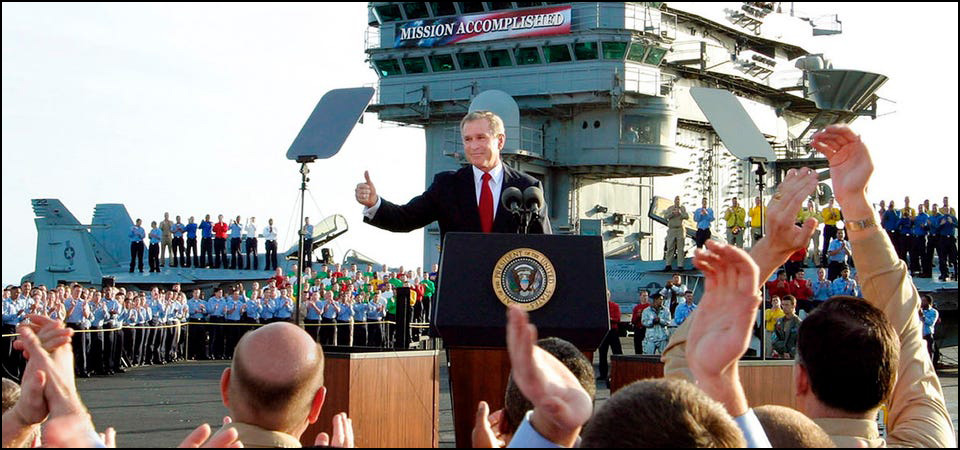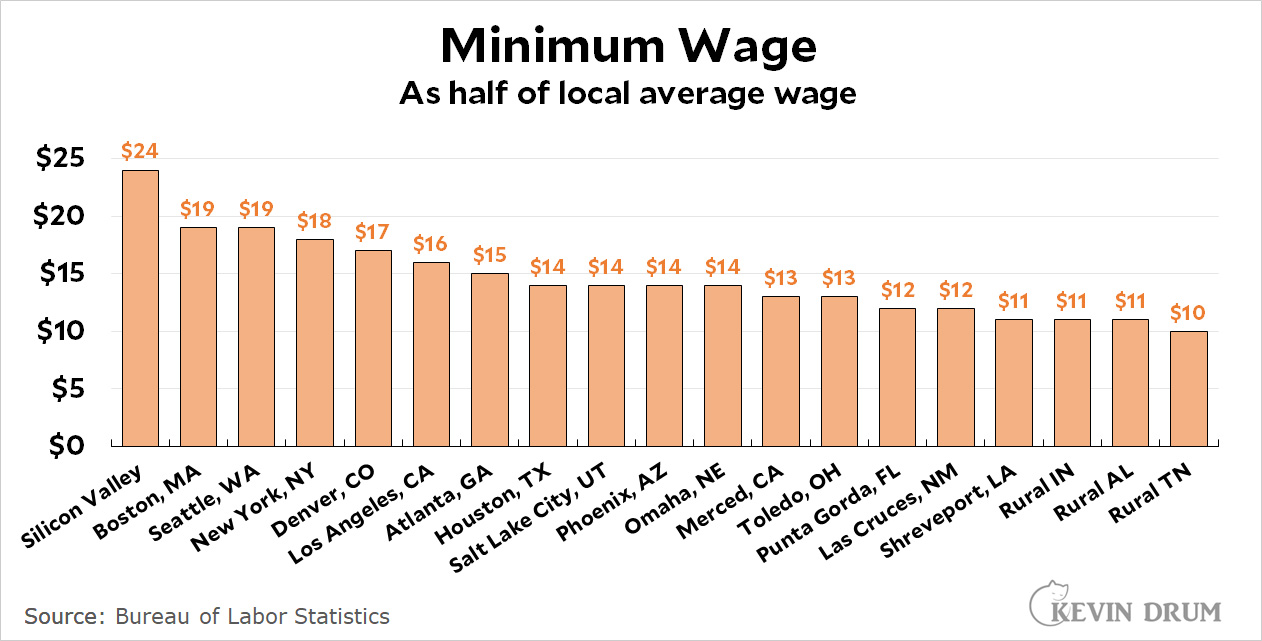I would really like to see Donald Trump indicted over his efforts to overturn the election results in Georgia. The problem is that it would be a tough case since Trump was savvy enough to avoid saying outright, "Hey, just invent the extra votes I need." Still, everyone knows that's exactly what he meant, and it's a serious crime. Trump deserves to go to prison for that.
Ditto for the classified documents case. The problem is not that Trump took the documents when he left office. That might have been a mistake, after all. The problem is that even when he knew he had classified documents in his possession and he knew that the government wanted them back, he refused to return them. That's why the FBI had to get a warrant to search Mar-a-Lago. Trump deserves to go to trial for that too.¹
But you go to war with the charges you have, not with the charges you wish you had. And right now, the charges we have are related to payoffs Trump made to a porn star. Here's my understanding of the case:
- In 2006 Trump (allegedly) had an affair with Stormy Daniels. This is not illegal.
- Daniels threatened to tell her story while Trump was running for president in 2016. This is not illegal. (Not for Trump, anyway.)
- Trump agreed to pay her off. This is not illegal.
- But Trump wanted to keep it a secret, so he asked Michael Cohen to handle the payoff money. Trump would then reimburse Cohen. This is not illegal.
- Trump reimbursed Cohen via payments from the Trump Organization. If this were a public company, that would be illegal. But it's not, so apparently it isn't.
- However, in order to maintain the secrecy, the payments to Cohen were labeled "legal expenses."
And that's illegal. Moreover, you can argue that the payoff was a campaign expense that Trump didn't report. That would be illegal too.
So the case against Trump is this: In order to keep his payoff of a blackmailer secret, he had it labeled as a legal expense.
This strikes me as pretty trivial, and I have my doubts that a jury would convict Trump if it goes to trial. We should probably save our legal firepower for something more serious.
And like it or not, public opinion matters too. One of the mistakes that Republicans made in their impeachment jihad against Bill Clinton was misjudging public opinion. To them, Clinton lied under oath, and a lie is a lie. It was an open and shut case.
But the public never really agreed. To them, it mattered what the lie was about. In Clinton's case, he was lying about having an affair with a White House aide. To most people, this seemed (a) not all that big a deal, (b) completely unrelated to his fitness as president, and (c) something that of course he lied about. Anybody would. Come on.
Democrats may be making the same mistake here. To us, Trump falsified his business records, and a lie is a lie. It's an open and shut case.
But the public, as usual, will care what the lie was about. They're likely to think it's (a) not all that big a deal, (b) completely unrelated to his fitness as president, and (c) something that of course he lied about. He was being blackmailed! Come on.
So tread carefully here.
POSTSCRIPT: The bizarre thing is that Trump did this in the first place. The traditional way of making payoffs like this is with a suitcase full of cash. If Trump had just done that in the first place he wouldn't be in any trouble.
¹But I'm not sure what the sentence should be if he's convicted.




